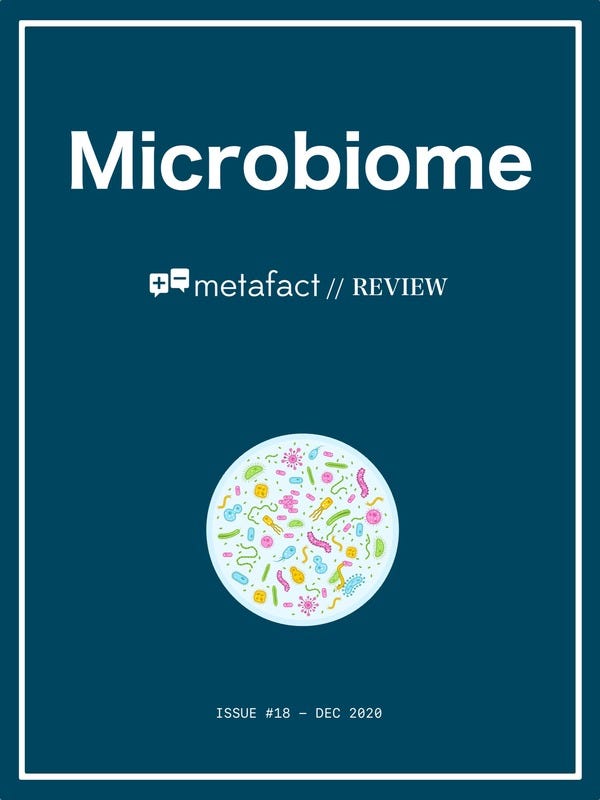Can sexual positions decide a baby's gender?
Hello everyone,
I hope you are safe and well. When my wife and I were trying to fall pregnant, friends would often tell us about things we could do to have a girl or boy. ‘Have sex two to four days before ovulation’ they would say if you want a girl or ‘eat highly alkaline foods or doggie-style to conceive a boy’. Where did these claims come from? Is there any science behind them? We asked fertility experts to give us the facts.
How is a baby's sex determined?
In humans, males have XY chromosomes whilst females have XX chromosomes. Dr Pini, a researcher at the Colorado Centre for Reproductive Medicine, explains how these different combinations are made during fertilisation: "Eggs always carry an X chromosome, so an X sperm will create a female (XX) and a Y sperm will create a male (XY). " Men produce roughly 50% X sperm and 50% Y sperm, so the chance of getting a boy or a girl are generally the same.
What are the claims out there?
There is a whole range of advice online on how to selectively conceive a boy or a girl. One of the most common is eating particular foods in order to promote a certain environment in the body (alkaline for boys, acidic for girls). Another widely spread claim is that the timing of intercourse in relation to ovulation is important. However there are many more obscure pieces of advice, covering areas such as sexual positions, temperatures and clothing. Are they true?
Any evidence that positions and timing of sex decide baby’s gender?
Advice regarding timing of intercourse and sexual positions are sometimes referred to as the 'Shettles Theory', named after a physician who wrote a book in 1971 detailing how to choose the sex of your baby. This was based on observations he made using microscopes that Y sperm are faster but more fragile than X sperm. These physical differences between X and Y sperm have since been refuted using more advanced technologies.
Studies outside of the lab, in which data was collected from pregnant women, have found mixed results. For example, one study collected urine samples from 221 women to carefully track their ovulation cycle and found that the timing of intercourse in relation to ovulation had no effect on the sex of the baby. Another study included over 3000 women but made a rough approximation of their cycles and found that there was a correlation. So far, pitfalls in study designs and conflicting conclusions means that there is no support for Shettles' claims.
What about certain foods?
Similarly, studies on the effect of mother’s diet on the baby's sex have also gained a lot of public interest but have not delivered clear conclusions. For example, one study asked 740 pregnant women what they had eaten the year before conception and during pregnancy. They found a correlation between eating larger breakfasts, particularly of cereals, the year before conception and having a boy. As so much information was collected on the mothers (not only diet, but health conditions, educational levels, medical history, etc.), it is likely that this one correlation occurred purely by chance. This, and other pitfalls, have meant that the results of this study do not solidly support natural sex selection methods.
As Professor Seidel, an expert in Developmental Biology, summaries: "There is no credible scientific evidence that having sex at different times of the cycle or that the acidic or alkaline environment of the reproductive tract have any significant effect on the sex of babies. There are hints that the sex may be skewed 2 or 3 percentage points by these practices, but such small differences are difficult to prove conclusively and are of essentially of no practical value."
Despite the range of claims that altering diet or timing and positions of intercourse can influence the sex of a baby, there is no scientific data to support them.
May the facts be with you!
Ben
The gut microbiome - hype or science?
Metafact Review
Exclusive reviews for our fact-loving subscribers & members.
Each month we investigate a topic voted by the community by asking the world's top experts to review the evidence. Reviews are what you need to know. You can read all the reviews online here.
We gathered more than 30 of the worlds top researchers in gastroenterology, microbiome and nutrition to share the facts about the gut microbiome. From a healthy diet to the miraculous health benefits claimed by companies selling microbiome kits, this review gives you the latest science-backed intelligence you need to know. Here’s what we found...
If you enjoyed this edition of Verified, consider clicking the little heart (to give it a “like”), and sharing it with a friend where they can sign-up here:



